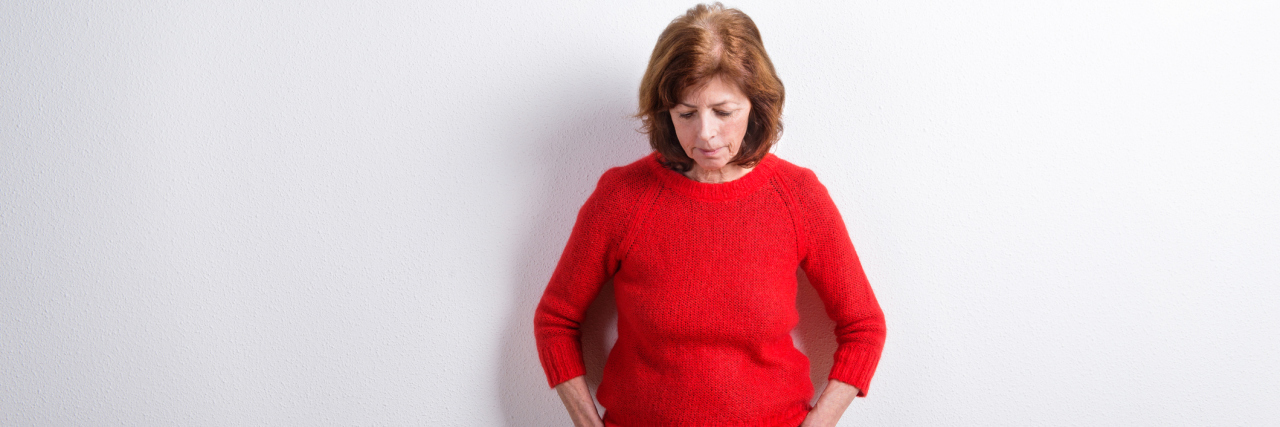“Sticks and stones may break my bones, but words will never hurt me” is one of the worst lies grownups tell children. Children threw stones at me when I was a child (though they fortunately never broke my bones). But the many, many words they hurled hurt me deeply internally, rather than externally. I was bleeding inside from them, as much as I bled externally from the rocks.
Plenty of children feel the pain of words. We say, “children are cruel” and leave it at that, or we tell children to simply ignore cruel remarks. We have anti-bullying campaigns that are notably ineffective, especially in the face of cyberbullying. Children who hear demeaning words from their parents, teachers or other adults are likely the most damaged.
People with mental disorders feel the pain of words, too. There are many ways this happens.
One of the most common taunts, often used in popular media, is “psycho.” One may possibly excuse Robert Bloch, who wrote the book “Psycho” in 1959, and Alfred Hitchcock, who made the movie in 1960, because they were products of their time, when microaggressions and the concept of nonracial slurs did not exist. “American Psycho” (made in 2000) has much less of an excuse. In movies such as these, “psycho” is shorthand for “serial killer.” But now, “psycho” is common usage in phrases such as “psycho bitch from hell” (which is anti-woman as well as offensive to persons with mental illness). Songs such as “Sweet But Psycho,” “I Might Just Go Psycho” and “Am I Psycho?” are recorded.
“Craziness” is also taken lightly in words and phrases such as “cray-cray,” “cuckoo,” “maniac,” “lunatic” and “cracked.” Not to mention, “bonkers,” “bananas” and the more offensive “batshit crazy,” “bug-fuck crazy” and dozens of other words. There’s even the stereotype of “crazy cat lady.” It may seem cute or silly to call a friend one of these words in a joking manner, but the person who does have a mental illness can hear such a word as an insult. Even if it is just overheard, it tells a lot about how the speaker regards the seriousness — or unseriousness — of mental disorders.
There are lots of other examples. “Off their meds” is one. It, along with plain “crazy” or “psycho,” is quite often applied to mass shooters, suicide bombers and other offenders. While it is true some of such people have mental disorders, the terms are thrown around long before anyone finds out whether the person is diagnosed with a mental illness or is on psychotropic medication. It is the default explanation. Julie Beck, in an article in The Atlantic, called the easy leap from mass killing to mental illness “a consistent and dangerous narrative.”
Other usages seem innocent enough, but really aren’t. “The weather is bipolar,” meaning it changes quickly, is common. It isn’t accurate, however. Only a person can have bipolar disorder, a serious illness. Applying it to oneself when you change your mind or have a momentary mood swing, is also inaccurate. Likewise, “schizophrenic” is used to describe something or someone that has two sides, or that seems incomprehensible to the viewer. “Multiple personality” (more correctly called dissociative identity disorder, or DID) is shorthand for someone who exhibits different sides of their personality on different occasions. People who disagree with you politically are not “insane” or “crazy” either, unless they have been diagnosed with a psychiatric disorder by a professional.
These ways of speaking hurt the persons they are spoken about, but also the mental health community. Fear of being called “psycho” or “crazy” is one reason some people don’t seek treatment for a disorder or conceal it if they do.
And that’s a sin and a shame.
Getty image by Halfpoint

